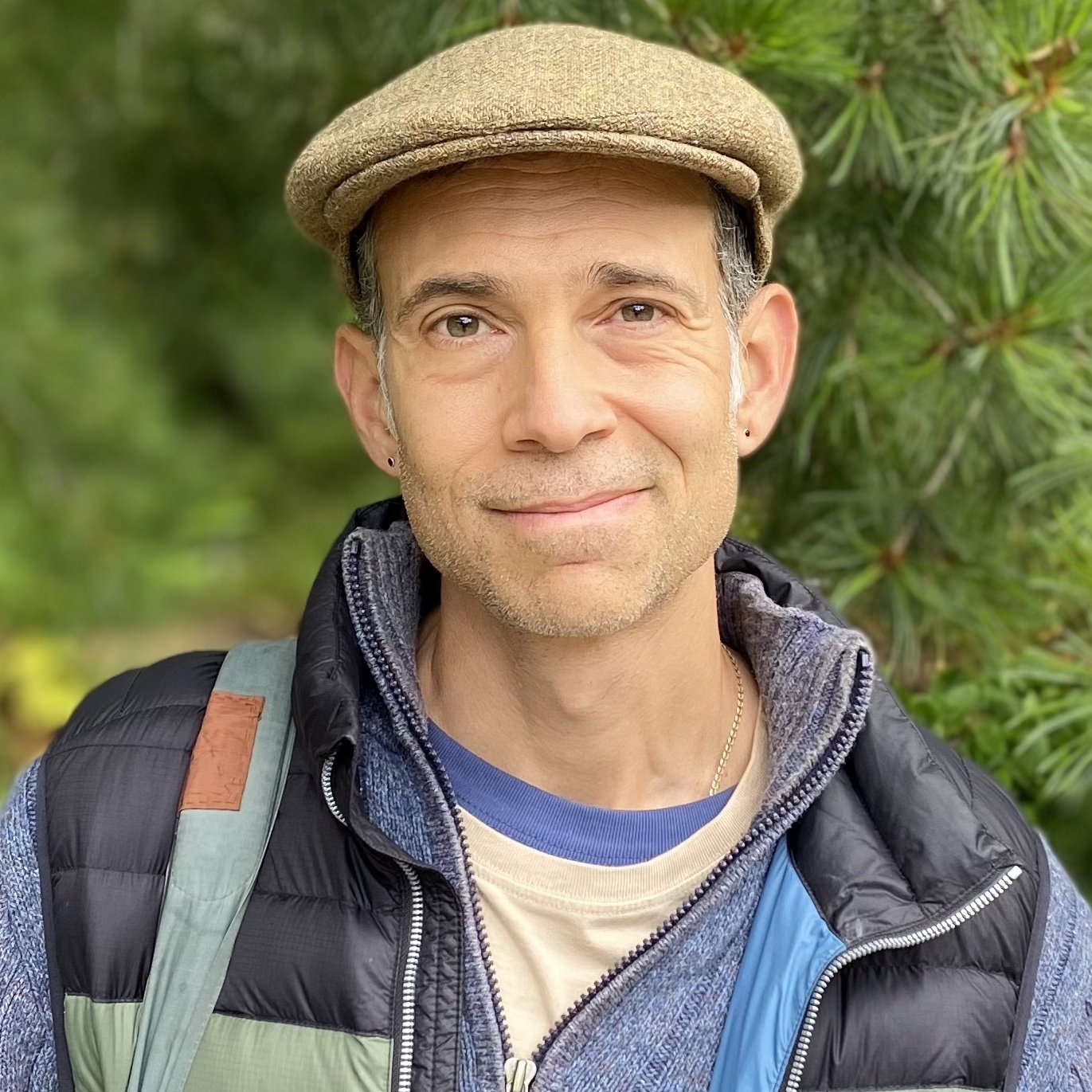Ep. 223: Nick Davies — Midlife 3. Waking Up to the Life That Wants to Be Lived Through You

My guest this week is Nick Davies, back for his third time on the podcast. This time we focused on issues related to midlife, as this is part 3 of our series on that topic.
Things we discussed included:
- Nick’s personal backstory and his decision to make a big change in his mid-thirties
- Asking the right questions that can lead us to fulfillment
- The danger of “normality” that doesn’t serve us well
- Waiting for life to open up for you vs. creating the life you want
- Unhelpful beliefs that can lead us to take a passive role in our own lives
- Steven Covey’s Seven Habits of Highly Effective People
- The Happiness Project by Gretchen Rubin
- Shambhala: The Sacred Path of the Warrior
- Setting up your environment in a way that helps you flourish (e.g. life-giving relationships)
- Knowing when to change ourselves vs. changing the situation
- Returning to my clinical practice with a different mindset
 Nick Davies is a Tony Robbins-trained coach with over 20 years of experience in the corporate world.
Nick Davies is a Tony Robbins-trained coach with over 20 years of experience in the corporate world.
Nick’s sweet spot for delivering value is working with high achieving financial advisors who want to add zero’s to their business but aren’t willing to sacrifice their health or time with family,
Growing up in England, living across 3 continents and 5 locations, Nick takes the lessons from his extensive exposure to people and business, and applies them to his life and his clients.
His focus is to get to the heart of what people really want. Nick believes most of us leave our personal and business potential on the table and settle – and is on a mission to relieve the suffering that can bring. With over 3500 hours of coaching and counting, Nick has worked with many different types of people and businesses to create massive awareness and abundance in those areas.
He believes in holding high standards for himself and his clients. That means a focus on results, but also a focus on compassion.
Find Nick online at LinkedIn.

 Kieran Setiya, PhD, is professor and philosophy section head at MIT.
Kieran Setiya, PhD, is professor and philosophy section head at MIT. Joel Minden, PhD, is a clinical psychologist specializing in cognitive behavioral therapy (CBT) for anxiety and related disorders.
Joel Minden, PhD, is a clinical psychologist specializing in cognitive behavioral therapy (CBT) for anxiety and related disorders. Michelle Drapkin, PhD, ABPP, is a board-certified psychologist who owns and operates the Cognitive Behavioral Therapy Center, and has worked in behavioral science for over 20 years.
Michelle Drapkin, PhD, ABPP, is a board-certified psychologist who owns and operates the Cognitive Behavioral Therapy Center, and has worked in behavioral science for over 20 years. Regine Galanti, PhD, is a licensed psychologist who focuses on helping kids and teens with anxiety. She specializes in cognitive behavioral therapy (CBT) and has expertise in treating OCD, anxiety, parenting, and behavioral problems.
Regine Galanti, PhD, is a licensed psychologist who focuses on helping kids and teens with anxiety. She specializes in cognitive behavioral therapy (CBT) and has expertise in treating OCD, anxiety, parenting, and behavioral problems. David Tolin, PhD, ABPP, is the Founder and Director of the Anxiety Disorders Center at the Institute of Living, and an Adjunct Professor of Psychiatry at Yale University School of Medicine.
David Tolin, PhD, ABPP, is the Founder and Director of the Anxiety Disorders Center at the Institute of Living, and an Adjunct Professor of Psychiatry at Yale University School of Medicine. Nir Eyal writes, consults, and teaches about the intersection of psychology, technology, and business. Nir previously taught as a
Nir Eyal writes, consults, and teaches about the intersection of psychology, technology, and business. Nir previously taught as a  Oren Jay Sofer teaches Buddhist meditation, mindfulness, and communication internationally.
Oren Jay Sofer teaches Buddhist meditation, mindfulness, and communication internationally.